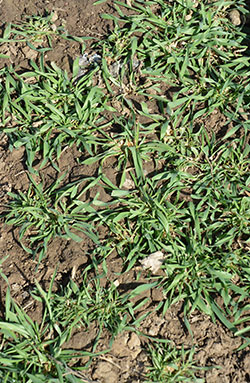Fall is one of the best times of year to plant cover crops to improve soil. Planting a cover crop is easy, and delivers many benefits.
Why is winter rye a good choice for a cover crop?

Winter rye grass is a popular Colorado cover crop, and it’s a natural because it grows well in the warm days of winter, prospers in poor soils and requires only minimal precipitation. Sow winter or perennial rye after you’ve cleared the vegetable or annual flower garden following a killing frost.
What is the best way to plant winter rye?
Rake the garden smooth, then broadcast seed at the rate of two pounds per 1,000 square-foot area. Rake lightly to cover the seed, then water. Generally, two or, at most, three fall waterings are enough to germinate and establish rye.
How do I replant winter rye?
Allow rye to grow through the winter. By spring it will be six to 12 inches high. Before planting in the spring, mow rye grass to chop tops into smaller pieces, and then cultivate to turn it under. The plant residues break down quickly adding needed organic material to improve soil structure and drainage, and improve the soil’s ability to hold nutrients.
What is beneficial about winter rye?
Winter cover crops also minimize winter soil erosion, add two seasons of plant growth for soil improvement in one year, and increase beneficial microbiological activity through plant growth in poor soils.
Winter rye is inexpensive and is available at most nurseries and garden centers in the fall. Sowing is easy, and the effort required to grow and turn under the rye grass is minimal. If your soil isn’t all you’d like it to be, you can’t afford not to plant a cover crop this fall.
For more information, see the following Planttalk Colorado script.



